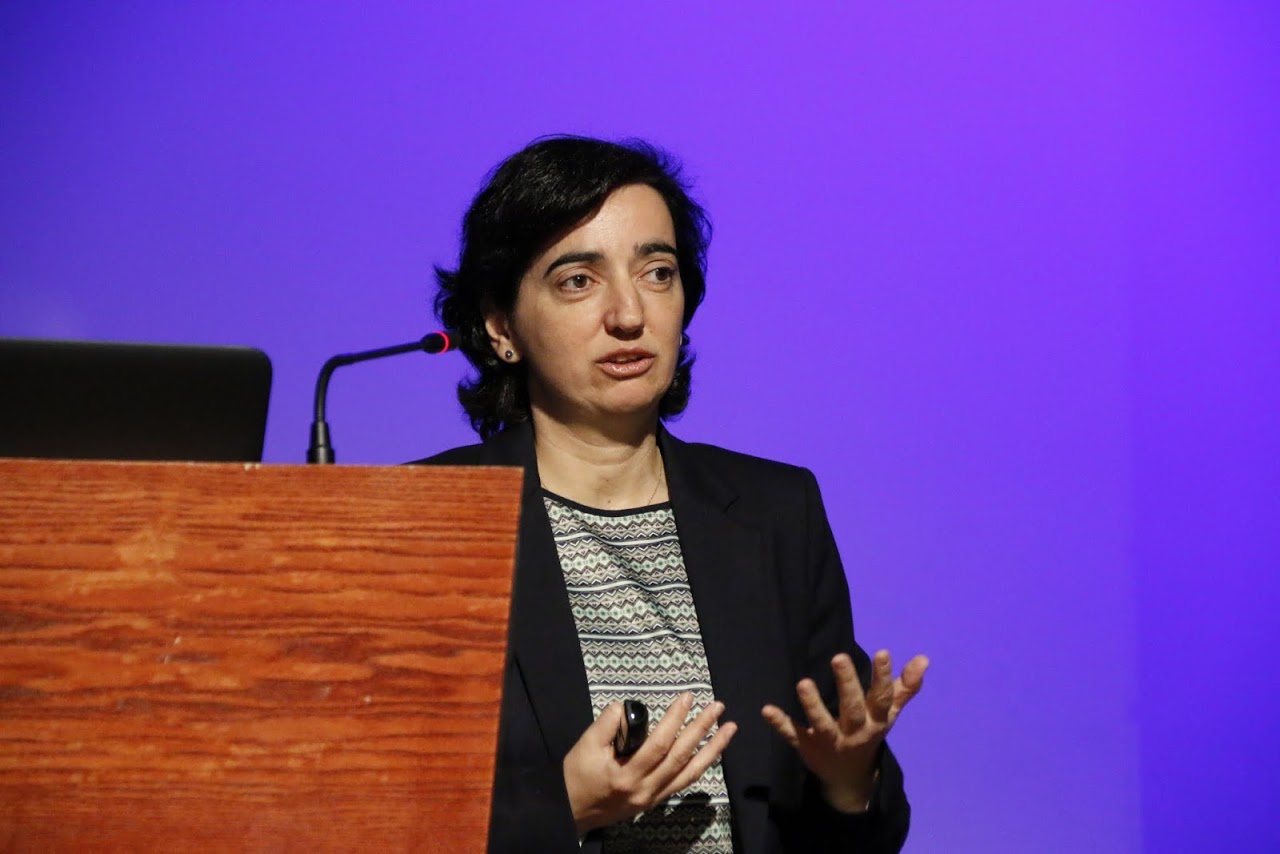The Awards have a significant background in promoting employability. Do you think the Foundation is doing a good job in this regard?
Not only do I think that the Foundation is doing a good job, I think it is doing an extraordinary job. More than 30 years working to improve youth employment, with a comprehensive approach to training, insertion and follow-up. I think that the number of years the Foundation has existed is the best example of the value and the quality of its work. Many businesses, foundations, institutions may try similar approaches, but only those that have a holistic approach and are inspired by values, such as human rights, can survive for so many years. This is what makes the FNS what it is. It also knows how to grow, adapt, renew and integrate, as is now the case with the Sustainable Development Goals adopted at the UN in 2015 and that are shaping the 2030 Agenda for Sustainable Development. Job creation is a key factor, a key policy in achieving these goals and in fulfilling this agenda worldwide. Therefore, in addition to everything it does for youth employment, the Foundation is totally at the forefront of the international development agenda.
Training and integrating young people is one of the requirements taken into account for an enterprise to be worthy of our awards. Do you think the prize will help the winner in the future?
I think it is an encouragement to receive the award, very motivating, mainly because of its prestige, because you are being acknowledged by the best. This is a seal of quality, the acknowledgement of a job well done and, in addition, knowing that you are at the forefront of the global goals is very rewarding. It is stimulating because it recognises your contribution to creating employment but not by any means; you are creating sustainable and decent employment, respecting human rights, labour, you are being transparent and an example to follow. Therefore, it is a seal of quality for a job well done granted by an entity that has been doing this for more than 30 years.
We have added a category that rewards the Public Administrations this year. Do you agree that public-private partnerships favour youth employment and integration policies?
Public-private collaboration is absolutely necessary; furthermore, this year, the award is very much in line with the SDGs, and society as a whole should be involved in achieving them. This is a commitment for everyone, a commitment to the common good. Therefore, the public administrations must commit to this approach because they have to reach out to all parts of society, to all groups and places, so that no-one is left behind; which is one of the strongest commitments of the 2030 Agenda. However, this cannot be achieved unless everyone cooperates; academia, civil society, and, of course, the private sector. As this prize is about employability, an issue that is closely linked to the private sector, there is no better way than public-private collaboration, not only to achieve SDG 8 (employment) but to achieve them all. Employment boosts sustainable development; therefore, any investment in and commitment to youth employment will enhance the achievements of the entire development agenda. We have a unique opportunity ahead of us, and we must seize it.
Women, green economy, work-family conciliation… are aspects that we assess carefully in SMEs. Do you see these as essential aspects in the development of small businesses?
These are essential aspects because the foundation’s entire outlook is about rights: labour rights, but above all, human rights. I believe that SMEs, within their field, can also contribute to the common good and they can do so by applying business ethics, which is the true guarantee of the survival of any long-term project. You must base your work on shared values, such as the respect for human rights, respect for the environment, and the conciliation of personal and family life… and I would add other values that are important today, such as transparency, honesty, and a job well done, as well as a commitment to the community. This is where SMEs have a lot to offer because they are closer to the needs of the people, of communities, they can provide the best services and, above all, provide quality.
Finally, why did you decide to accept the invitation to become a member of the jury of the Novia Salcedo Awards?
When someone who works hard and well offers you something like this, you feel a bit overwhelmed, but it is difficult to refuse. In addition, this year the Awards exist within the context of the SDGs, some of which are very specific, such as SDG 4 (quality education), SDG 5 (gender equality), SDG 8 (employment), SDG 10 (reduced inequality) or SDG 17 (partnerships), but there is also a desire to promote and boost the entire 2030 Agenda that we have given ourselves. With regard to this, I thought I had something to contribute and that I might be useful to the jury and the Foundation. It is also a great honour after seeing the composition of the previous panels and of this year’s jury. It is a true privilege to be part of this initiative, and I hope, from my modest position in the UNDP, to be able to support the Foundation, the Awards, and to promote the 2030 Agenda, which is a desire for a better world, in which no one is left behind.


